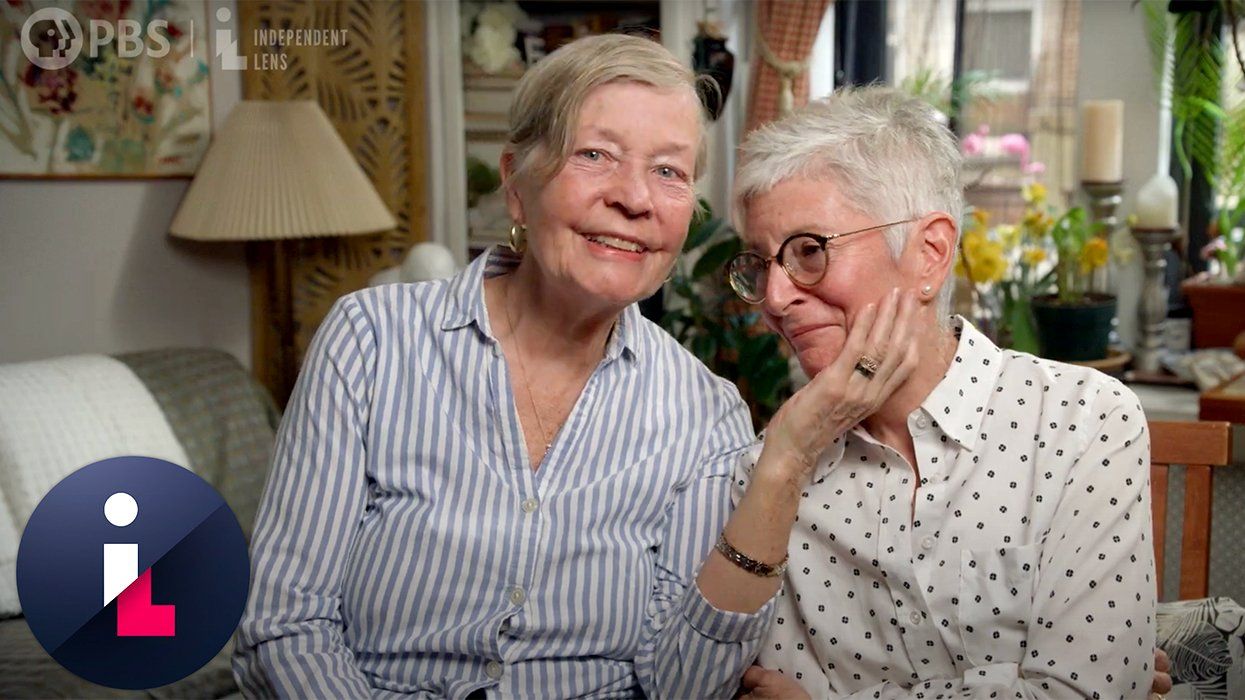For a short while, it looked like society had advanced far enough that it had left behind a terrible symptom of homophobia, one that's been seen after the infamous Upstairs Fire and the AIDS crisis that killed so many LGBT people.
Bodies for 48 of the 49 victims were claimed by family. Then, an article posted by Orlando Latino revealed there had been one outstanding case, and that the father of a gay man who died in the Orlando shooting rejected his son's body.
The Florida news outlet did not release their names, as it did not want "to further victimize the deceased." But it did identify the victim as Puerto Rican.
"The tale is part of the untold stories of the Latino victims of the Pulse nightclub massacre," wrote Orlando Latino.
(RELATED UPDATE: The Story Behind Pulse's Unclaimed Victim)
Fortunately, the Orange County Medical Examiner and Florida Emergency Mortuary Operations Response System were able to convince other family members living in Orlando to claim the body and arrange a funeral. And thankfully, there have been no other reports of similar rejections. All bodies were released to a funeral home by June 16.
The case echoes a reality that was widely seen during the height of the AIDS crisis, in which countless numbers of young gay men died and family members did not claim the bodies of their so-called loved ones. This story was recently retold in Out magazine, in which caretaker Ruth Coker Burks revealed in an interview how she tended to and then buried hundreds of AIDS victims that their relatives feared to touch.
Some 32 people died in 1973 in an arson attack on the Upstairs Lounge, a gay bar in New Orleans. Filmmaker Robert L. Camina revisited the tragedy and was astounded that many of the victims' bodies were never claimed.
"I think a lingering issue that is rarely talked about is the mystery surrounding the unknown victims," Camina told The Advocate in a feature on the tragedy. "These men went missing and no one claimed them? I can't wrap my head around it. It's unfathomable. I grieve for the unidentified victims of the fire. I don't believe they have found peace yet. I am shocked and sickened that the families never claimed them and that their bodies were dumped into a pauper's grave."
Then, as now, stigma is the culprit. Orlando Latino points to systemic homophobia in Puerto Rico as a factor that may have led to the unfortunate case of the Pulse victim, including the island's social conservatism and its prolonged judicial fight against marriage equality after the U.S. Supreme Court's decision last June.
"The pain of being Puerto Rican and gay is real," the outlet wrote. "In the island's macho culture (relative to the states), anti-gay bias is not subtle and has reached the highest levels of government."
Regardless of its roots, homophobia can cause a massacre, as Pulse reminded us. But it can also destroy a family.















Charlie Kirk DID say stoning gay people was the 'perfect law' — and these other heinous quotes
These are some of his worst comments about LGBTQ+ people made by Charlie Kirk.